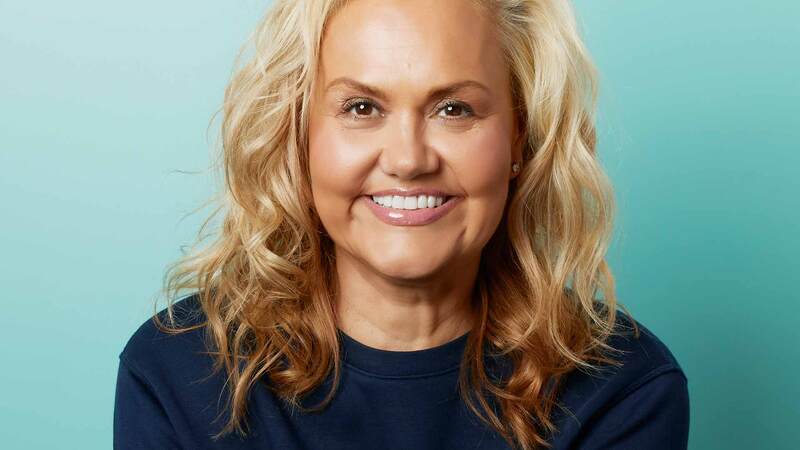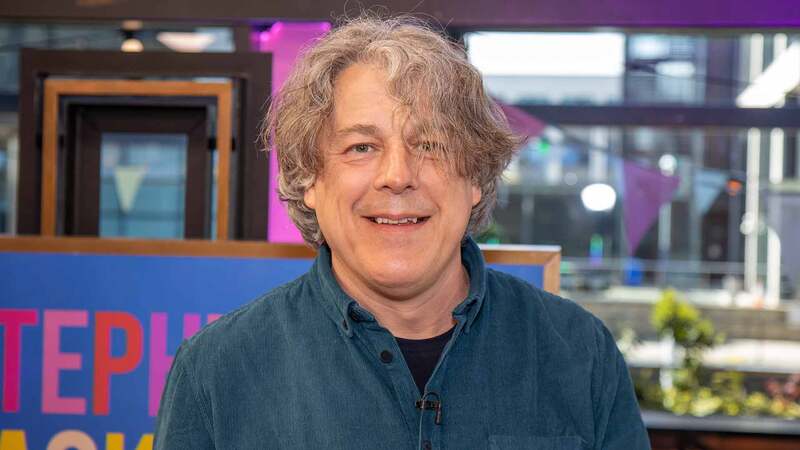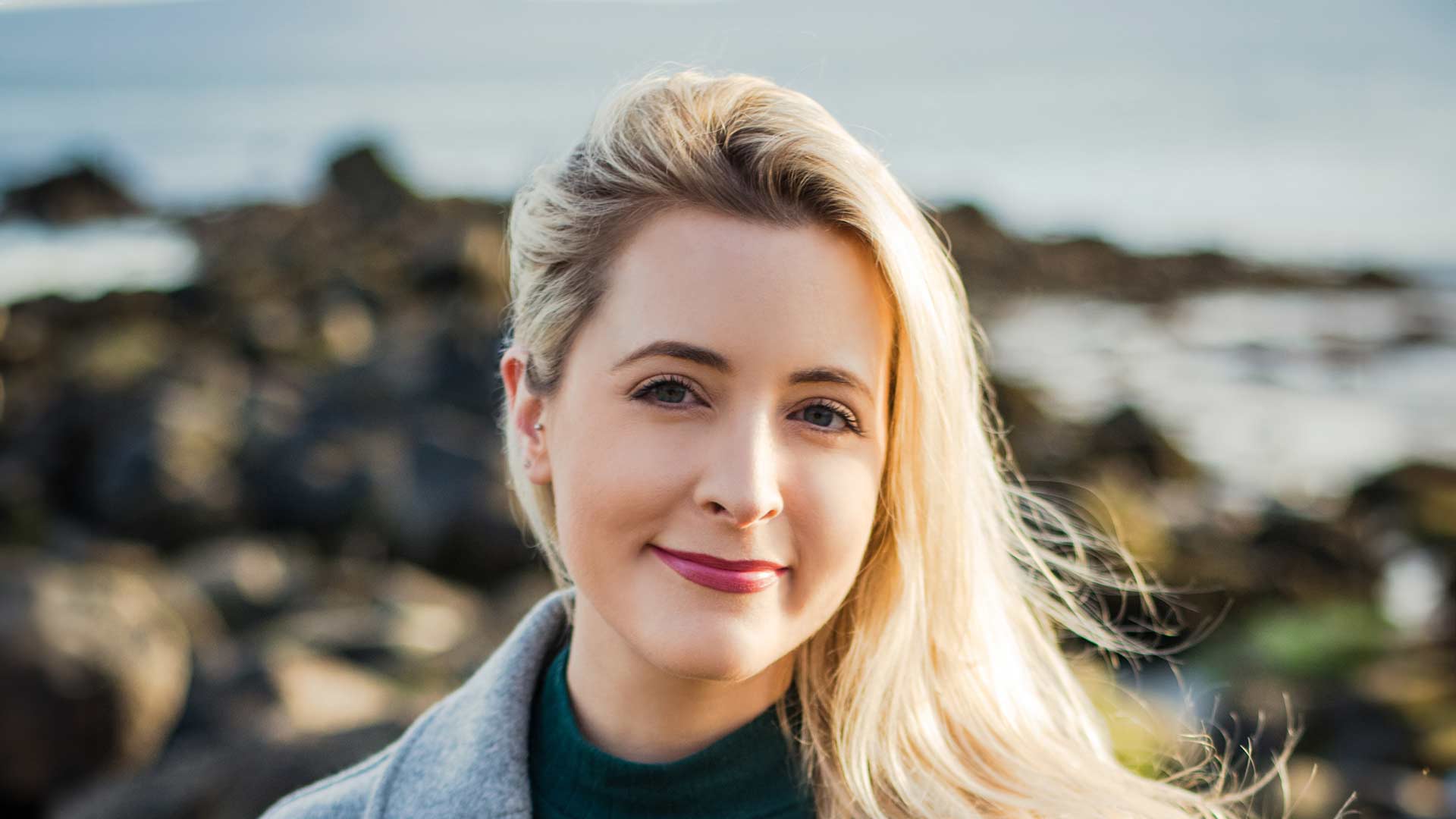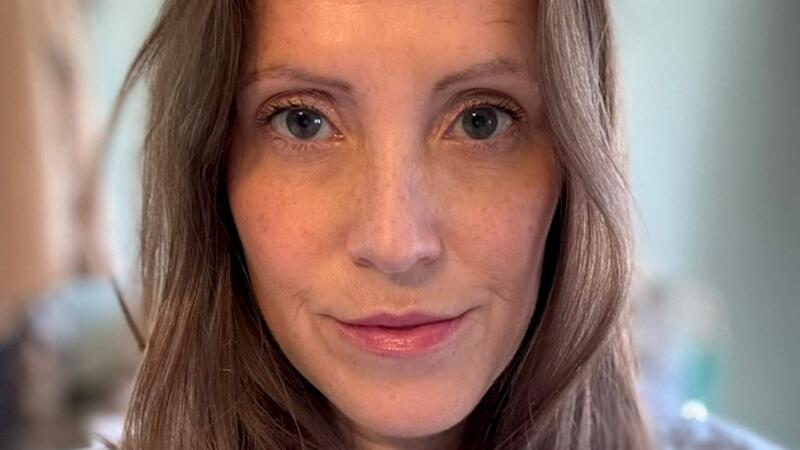You are viewing your 1 free article this month. Login to read more articles.
Booksellers hail Damon Galgut for Booker Prize win with 'spectacular' The Promise
Damon Galgut has won the Booker Prize with The Promise (Chatto & Windus), described by judges as “a spectacular demonstration of how the novel can make us see and think afresh”. Booksellers hailed the novel as "a true literary masterpiece" and looked forward to a surge in sales.
The South African writer was crowned the £50,000 prize-winner at BBC Broadcasting House’s Radio Theatre on Wednesday (3rd November) during a ceremony hosted by the BBC’s Samira Ahmed and featuring contributions from last year’s winner Douglas Stuart, Ben Okri and the Duchess of Cornwall. All six of this year’s shortlisted authors attended in person from all over the world.

Galgut was previously shortlisted for the prize in 2003 for The Good Doctor (Atlantic) and in 2010 for In A Strange Room (Atlantic). He becomes the third South African to win the award, following in the footsteps of 1974 joint winner Nadine Gordimer and J M Coetzee who won in both 1983 and 1999.
The Promise is set in South Africa during the country’s transition out of Apartheid, and explores the interconnected relationships between the members of a diminishing white family through the sequential lens of four funerals. Galgut told BBC Radio 4’s “Front Row” during his Booker Book Club interview last week that the idea for the novel’s structure came to him over a semi-drunken afternoon during which a friend described a series of funerals. It is his ninth novel and first in seven years. His debut was published when he was just 17.
Accepting the prize, Galgut said he was "really profoundly, humbly grateful". He said: "This has been a great year for African writing and I'd like to accept this on behalf of all the stories told and untold, the writers heard and unheard from the remarkable continent that I'm part of. Please keep listening to us, there's a lot more to come."
Explaining the choice, chair of judges Maya Jasanoff said the book "astonished” the judges from the outset “as a penetrating and incredibly well-constructed account of a white South African family navigating the end of Apartheid and its aftermath”.
She added: “On each reading we felt that the book grew. With an almost deceptive narrative economy, it offers moving insights into generational divides, meditates on what makes a fulfilling life and how to process death, and explores the capacious metaphorical implications of 'promise' in relation to modern South Africa.”
Jasanoff said she and fellow judges Chigozie Obioma, Rowan Williams, Horatia Harrod and Natascha McElhone had “long and convivial discussions” before they arrived at the decision "collectively as a group". She said the judges were “very happy with the result” and the meeting to decide the winner, their first in person, “was really long because we talked about every single one of these books in great depth”. “We were so excited to see each other that we were very happy to keep on talking,” she added.
At a press conference following his win Galgut reflected on the book's message. He insisted he "didn't plan the overall trajectory of the book to be a downward one" but said he thought the portrait he paints of modern South Africa "is not a happy one". "Things are not great with us right now... South Africa has seen better days," he said. "As a writer, all you can really do is draw attention to it, I guess. I'm not one of those people who believe that books can change the world, I believe that books reflect it. The more acutely you can make people feel a situation, the more chance there is that the situation may change."
He said if he had to give a message to his younger self he would tell them to "pesist, persist, persist" but did express a worry about how the win may affect his creative process. "Most writers require solitude. Many hours of it to work properly. Even the relatively limited amount of attention that has come to me in previous years has eaten into that so I have only a dim sense of what winning this prize might mean for my future" he said.
Earlier on in the evening he joked with presenter Samira Ahmed: "I have always been slow and I don’t think that’s going to change". He said he was currently working on a collection of short stories, but does not have anything planned beyond that yet. However, he said he would be "very open" to the possibility of a film adaptation of the book, even though there may be challenges with the characters ageing.
His editor at Chatto, Clara Farmer, told The Bookseller: "This is not Damon’s first appearance on the Booker list but with this, his masterpiece, the third time was the charm. Everyone at Chatto and Vintage couldn’t be more thrilled for this win. Thanks also to Atlantic Books, where 19 years ago I was given the opportunity by my then boss Toby Mundy to take on a novel called The Good Doctor."
His agent Caroline Wood of Felicity Bryan Associates added: "I am so thrilled for Damon and his editor, Clara Farmer. Sometimes good things happen to good people. This win has been a long time coming but The Promise is a masterpiece and it’s wonderful that the Booker judges have recognised that. Many congratulations to the other shortlisted authors too."
The winning book was picked from a shortlist featuring Anuk Arudpragasam's A Passage North (Granta Books), Patricia Lockwood's No One is Talking About This (Bloomsbury Circus), Nadifa Mohamed's The Fortune Men (Viking), Richard Powers' Bewilderment (Heinemann Hutchinson) and Maggie Shipstead's Great Circle (Doubleday).
The Promise was the bookies favourite, and has so far sold 8,844 copies in hardback. Its sales leapt 241% to 1,036 copies sold in the week of the shortlist’s announcement in September. Booksellers welcomed the win and said they thought it would see a further boost in sales.
Bea Carvalho, Waterstones head of fiction, told The Bookseller: "We are thrilled that Damon Galgut has won this year’s Booker Prize. The Promise is fiction at its most powerful and affecting – it is a true literary masterpiece by an author of immense skill which is destined to become a modern classic. We are delighted that this very well deserved win will introduce many more readers to this hugely important work of fiction, and Galgut’s wonderful writing in general.”
David Kelly, deputy manager of Blackwell’s on Broad Street in Oxford was also happy with the win: “We're really pleased that it really was third time lucky for Damon Galgut, a consistently brilliant writer who fully deserves the Booker accolade for this extraordinary and important novel."
Vivian Archer from Newham Bookshop in London said she thought Galgut's win was was well deserved: "He’s a great writer, it’s a great book but on a very, very strong shortlist. I think everybody’s very pleased with this win. I really wanted Nadifa Mohamed to win, I’ve followed her from day one, but you can’t complain, it was a strong shortlist and he deserves it."
Jess Allan from Queen’s Park Books agreed: “This was definitely the pick of more than one staff member - I'm expecting a lot of 'I told you sos'.”
Jasanoff urged people to read all the books on the shortlist, saying they “pull together a range of the possible in the novel”. She said: “We see this in the form, take something like the Patricia Lockwood which is quite innovative in form, Anuk Arudpragasam is very different but also, I think, an unusual literary form, the one in fragments the other in a huge, long unbroken block of text with no dialogue. So there’s formal inventiveness, there is of course a range of kinds of stories being told and voices telling them, in terms of the age range, career stage and cultural backgrounds of the authors.”
She added: “There is a lot of meditation on the relationship between the past and the present, and to some extent the future in the Richard Powers book as well. So I think that people who will read this whole list will get a really great cross-section.”
In the run-up to the winner's announcement Douglas Stuart, who won last year’s prize with Shuggie Bain (Picador) spoke with the Duchess of Cornwall at Clarence House about his literary inspirations and life-changing win. Ben Okri also shared his reflections on how winning the prize 30 years ago changed his career.



















